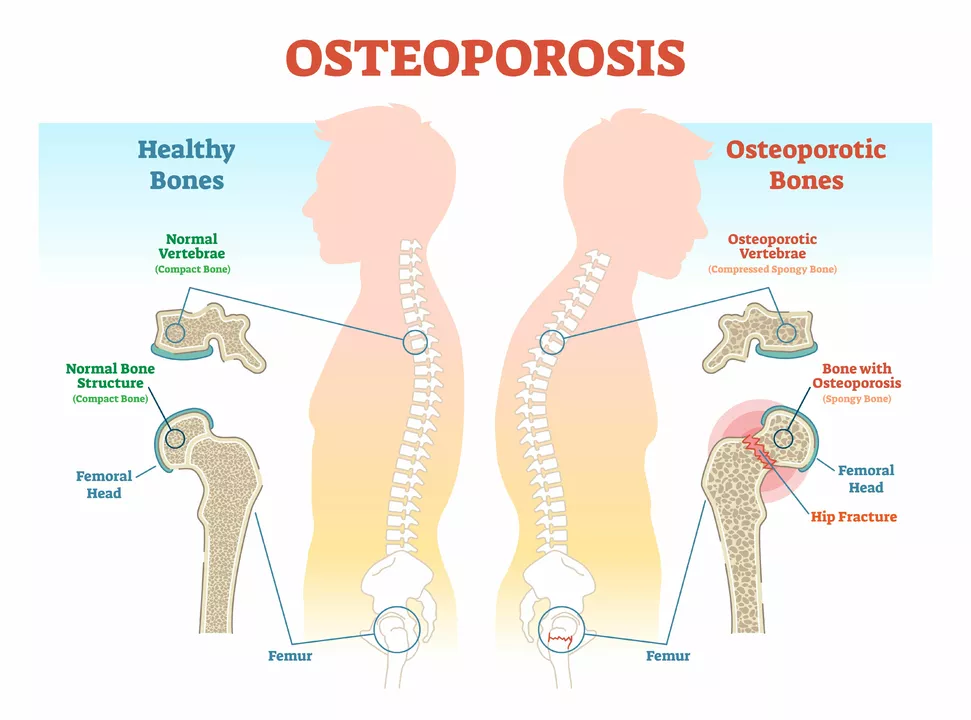Bone Health Made Simple: Tips, Supplements & Safe Online Shopping
If you’ve ever felt a twinge in your joints or heard “osteoporosis” on the news, you know bones matter. But keeping them strong isn’t rocket science. A few everyday habits—like moving more, eating right, and checking where you buy supplements—can make a big difference.
Why Bone Health Matters
Your skeleton does more than hold you up; it stores minerals, protects organs, and helps blood cells form. As we age, bone density naturally drops, especially for women after menopause. The good news? You can slow that loss with calcium, vitamin D, and weight‑bearing activity. Even a short walk or light resistance training sends signals to your bones to stay dense.
Best Ways to Support Strong Bones
Eat the right foods. Dairy, leafy greens, almonds, and fortified plant milks pack calcium. Pair them with vitamin D sources—sunlight, fatty fish, or fortified cereals—to help your gut absorb that calcium efficiently.
Stay active. Weight‑bearing exercises like brisk walking, dancing, or simple body‑weight squats stimulate bone remodeling. Aim for at least 30 minutes most days; consistency beats intensity.
Consider supplements wisely. If you can’t meet calcium needs through food, a supplement is fine. Look for calcium carbonate (cheapest) or calcium citrate (easier on the stomach). Vitamin D3 (1000–2000 IU daily) works best with calcium.
Watch your lifestyle. Smoking and excess alcohol speed bone loss. Limit caffeine to a few cups a day, as too much can pull calcium out of bones.
Get checked. A quick DEXA scan tells you if you’re losing density faster than expected. Talk to your doctor about when to start testing—usually after age 50 for women and 65 for men.
Now, about buying those supplements online: the internet is full of cheap deals, but not all are safe. Use our step‑by‑step guide to verify a pharmacy before you click ‘add to cart.’ Check for a valid licence, clear contact info, and reviews from real customers. If a site looks too good to be true—like offering massive discounts with no prescription—it probably is.
When you find a legit shop, compare prices on calcium carbonate vs. citrate, or vitamin D3 capsules vs. liquid drops. Remember that shipping can add cost, so factor that in. And always read the label for third‑party testing seals; they’re your guarantee of purity.
Putting it all together, strong bones start with everyday choices and end with smart buying decisions. Keep moving, eat calcium‑rich foods, add vitamin D if needed, and shop online safely. Your future self will thank you when you can still lift the grandkids without a groan.

As a copywriter, I've recently researched the impact of Bromocriptine on bone health. It's fascinating to learn that this medication, commonly used for treating Parkinson's disease and certain hormone imbalances, can also affect our bones. Some studies suggest that Bromocriptine may have a positive impact on bone density, potentially reducing the risk of fractures. However, more research is needed to fully understand these effects and determine the best course of action for patients. It's always amazing to see how a single drug can impact our bodies in so many different ways!
Read More